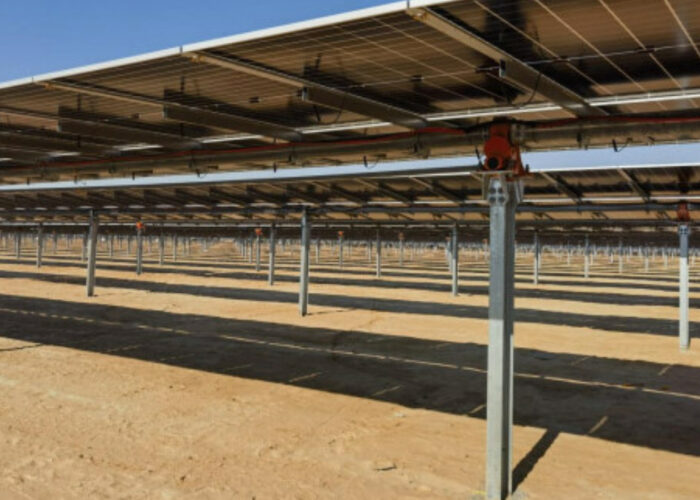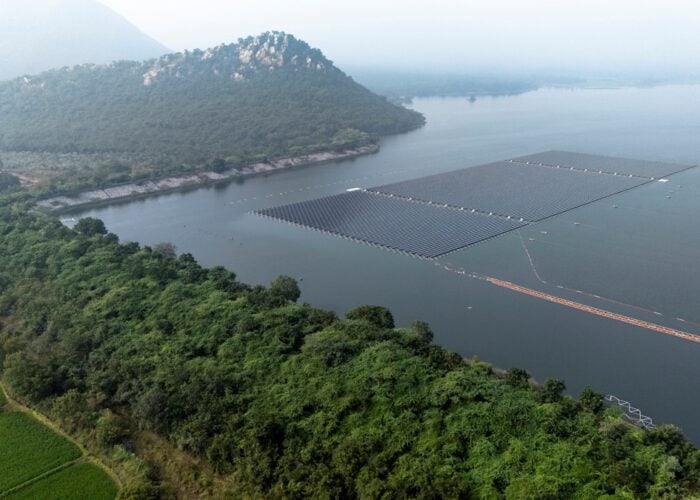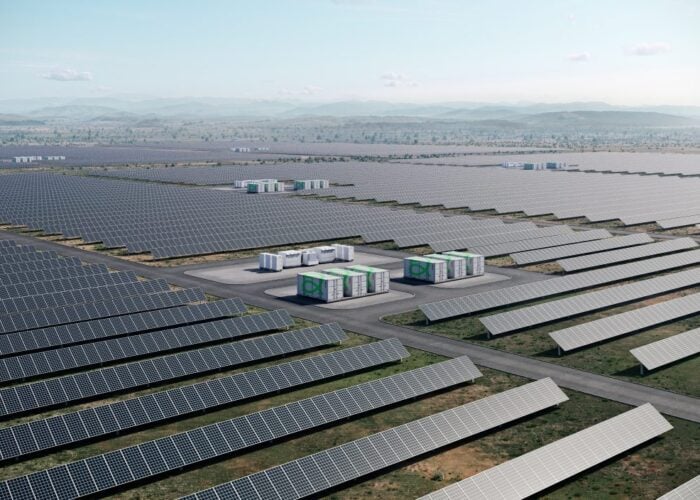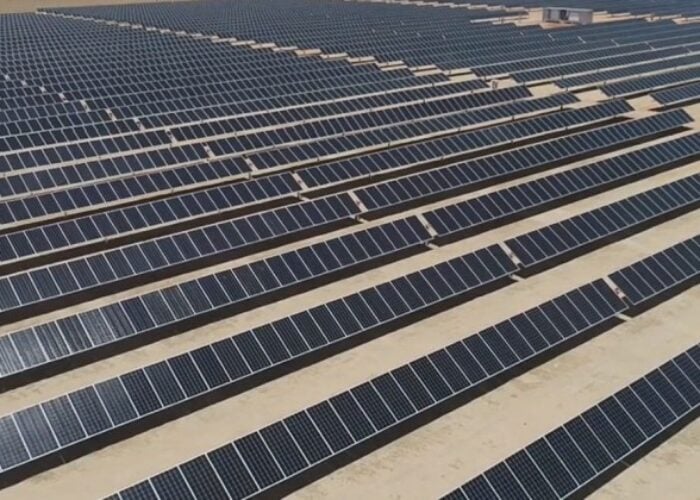Hoku Materials has moved a step closer to completing its polysilicon production plant in Pocatello, Idaho by connecting it to Idaho Power's substation.
For much of the construction period, the plant was powered by portable generators and other temporary power sources. However, in order to complete the final stages of commissioning and activate equipment like pumps, compressors and polysilicon deposition reactors, a continuous electricity supply was required.
Try Premium for just $1
- Full premium access for the first month at only $1
- Converts to an annual rate after 30 days unless cancelled
- Cancel anytime during the trial period
Premium Benefits
- Expert industry analysis and interviews
- Digital access to PV Tech Power journal
- Exclusive event discounts
Or get the full Premium subscription right away
Or continue reading this article for free
“Connecting to the 82MW Idaho Power grid-connected substation is a critical milestone,” Hoku’s CEO, Scott Paul, said. “Connecting to the substation enables us to complete system-wide commissioning activities, including our instruments and control systems… and our polysilicon deposition reactors. These reactors are the largest consumers of power on-site, requiring very large loads of continuous power – they cannot be run on temporary power or portable generators.
“There are a number of items that need to be completed by our operators, engineers, and construction contractors before we can bring chemicals on-site and begin the continuous production of polysilicon. These items include finalising our internal safety checks, and completing the installation of various fire protection, alarm and safety systems.”
Difficulties in securing financing for the Pocatello plant have delayed building work, and Hoku has already negotiated to delay the first shipments of polysilicon until Q2 2012 in exchange for concessions on price and deposit repayment terms. Tianwei New Energy Holdings is providing financial backing for the first 2,500MT production phase.






